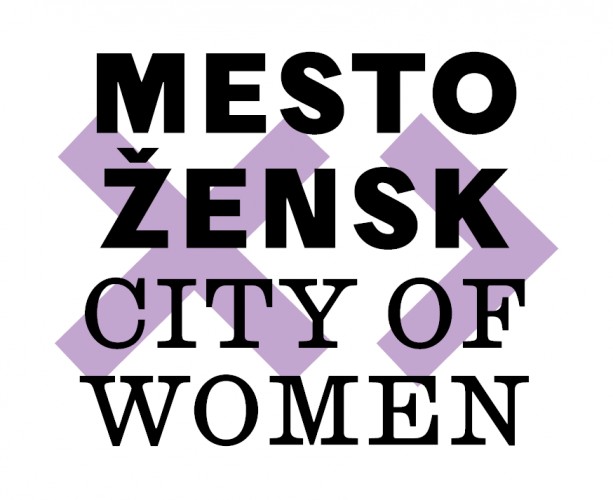Singer is an interactive artistic installation that includes sewing machines, audio and video. The project is accompanied by the publication Singer: A Newsletter for Closed Textile Factories in Slovenia.
The name of the project comes originally from the well-known brand of sewing machine, but it also plays with the meaning of the word as "one who sings." The idyllic transformation of a sewing machine into an instrument that literally "sings" at the touch of a (woman's) hand is based on the fact that singing would very often accompany women at their work; singing is, moreover, a common metaphor for the whirr of machinery. Song brings rhythm to the body and helps to humanise the process of production.
The practice of making your own clothes was once a fundamental part of the female gender role. At one time, clothes "grew" in Slovene fields: our foremothers would sow flaxseed, weave cloth, and make dresses. Later, clothes came from local factories, where our mothers went to work. Today, the clothes we wear carry the brand names of international companies and are made for us by women and children in unknown East European and Asian workshops. This is where cheap labour can now be found, just as in the fifties it could be found in Slovene textile factories. The intimate connection we once had with clothing has been overtaken by the realities of consumerism. Broken now is the thread that tied us through our clothes to the fields and factories around us.
Thread may be slender, but it is strong and durable, a metaphor of time and life. This is why, in the mythologies of the ancient Egyptians and Greeks, we find the image of the spider that spins the thread of time and the almost sacred role of spinstresses and weaver-women. As Dragica Nenadić, a modern textile worker, summed it up, "Something of the human soul is woven into every thread. Clothes are not dead things."
The sewing machine stands at the end of the line in the handicraft tradition of clothes-making, but no longer is it part of that cultural narrative. The machine that first promised, and also made possible, economic independence for women, has led millions of women all around the world into a future of poorly paid work. For many of Slovenia's textile workers, even this story has come to an end.
Marija Mojca Pungerčar
About the authors
Borut Savski researches the world of "aesthetic machines"-algorithmic autonomous electronic devices that are non-functional outside the aesthetic realm. In other words, he builds "instruments" that make mistakes. The mistake is actually a sign of autonomy, "wilfulness", and non-functionality. The only field open to non-functionality is, of course, art. And even more concretely, amorphous sound. He has been presenting his aesthetic machines at Kapelica Gallery in Ljubljana since 1999.
Maša Gedrih is a freelance journalist, whose work frequently appears in the Slovene media.
Chorus of Women Textile Workers
The time when singing was once a part of the social and cultural life of nearly every Slovene factory is long gone. This is especially true of the textile industry, since the decimated working collectives have little reason to celebrate. Conditions in the textile industry are unstable and extremely susceptible to public interference. According to a secretary from the Slovene textile company Mura, the workers need to be left with their dignity intact: "Now is not the right time for these things. If anything changes, we will celebrate then."
The art installation Singer deals with the lay-off of female workers in the textile industry. Its sewing machines create the context for an extra-special live performance: a chorus made up of laid-off and retired women textile workers will bring a unique dimension to the show's opening at the Slovene Ethnographic Museum, presenting us with an image quite different from those angry, disappointed and desperate faces we have seen in the media in recent years. We are delighted that they can add their cultural contribution and vibrant character to this year's Festival.
Marija Mojca Pungerčar

